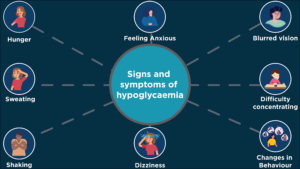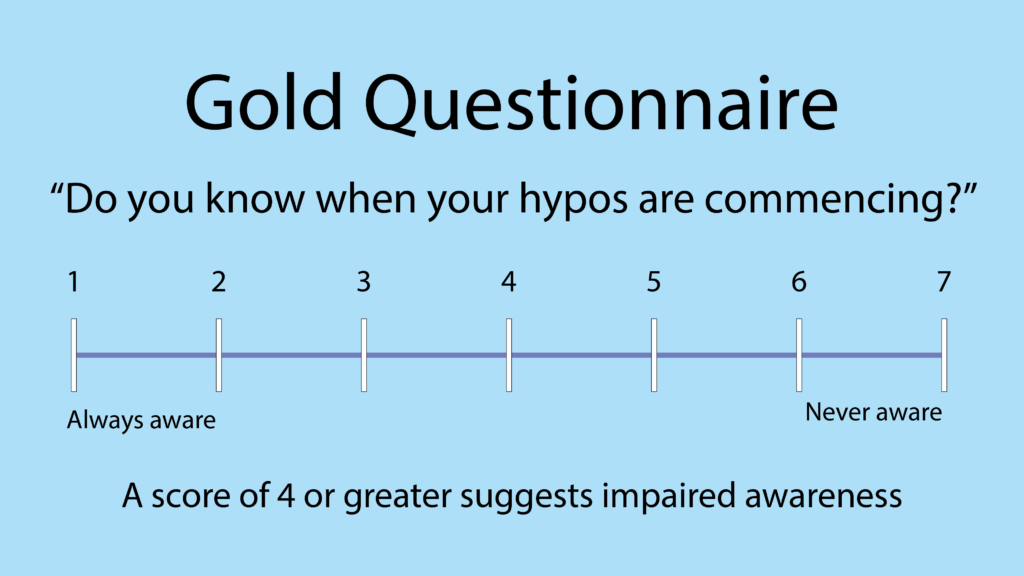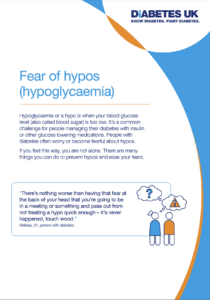LET’S TREAT NOW
Welcome to our education section about LET’S TREAT NOW
We hope this page provides you with the information you need to learn more about hypoglycaemia (low blood glucose levels) and the impact this can have in people’s lives.
What is Hypoglycaemia?
Hypoglycaemia or hypos. It’s when the blood glucose level is too low, usually below 4mmol/l.
Hypoglycaemia can happen if the balance of diabetes medication taken (especially insulin), food eaten and physical activity undertaken isn’t right. Not everyone with diabetes will have hypos.
A hypo can happen quickly. So it’s important people know what the signs are and what to do if they are having a hypo.













